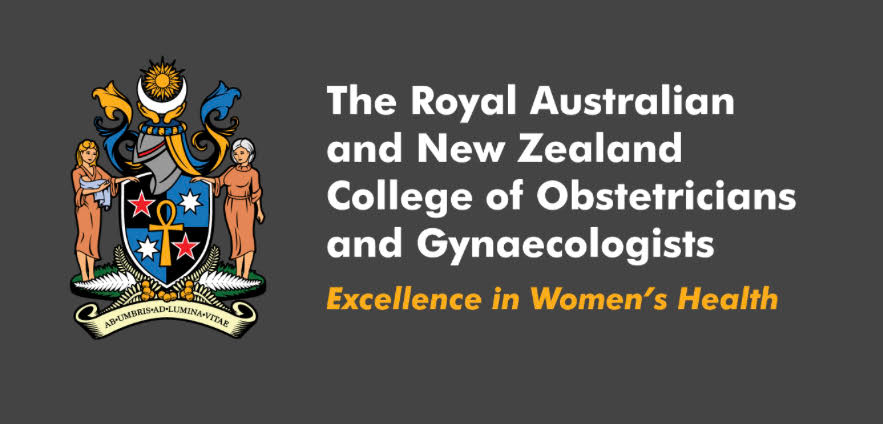

Gestational diabetes (GD) is one of the more common conditions that can arise during pregnancy, occurring in 10 – 12% of women. Most women who develop gestational diabetes will have no symptoms, and as such it is recommended that all pregnant women be screened for gestational diabetes between 26 – 28 weeks gestation.
The test involves a glucose tolerance test (GTT) which means you will have to attend a pathology centre, fast overnight and have 3 blood tests over a period of 2 hours. Some of the risk factors for developing gestational diabetes include:
- Women over the age of 40 years
- If you have a high body mass index
- If you have a strong family history of early onset diabetes
- Women who have Asian, Indian, Malaysian or Middle Eastern heritage
Once you actually have the diagnosis, management is usually straight forward, and most women will be able to control their blood sugar levels by dietary modification and regular fingerprick testing. Diet usually involves cutting out or minimising simple carbohydrates and going onto a low GI diet and spacing meals more regularly throughout the day.
A small portion of women will need treatment with a tablet called Metformin or sometimes require insulin therapy. There is no association with a woman developing gestational diabetes and her baby or child developing juvenile diabetes. If the mums sugar levels are not optimally managed, this usually results in the baby getting a higher than normal blood sugar level and the baby will in turn secrete more insulin to counteract. This can lead to a larger baby and also runs the chance of blood sugar levels dropping significantly in the first day or two after birth.
It is normally recommended that pregnant women with gestational diabetes have a third trimester ultrasound to assess the size of the baby and depending on the severity of her condition may need to be delivered one or two weeks earlier than their due date.
Once the baby has been delivered it will normally require a number of blood sugar level tests in the first 24 hours to ensure that they are within the normal range and not dipping.
Some women will elect to collect and freeze colostrum in the weeks preceding the delivery so that the baby can have expressed breast milk if its sugars are low. Once the baby has been delivered the sugars will normally return to normal immediately but most women will require a blood test at 2-3 months after delivery to ensure their metabolism has returned to normal.
If you have developed gestational diabetes you are at a higher risk of developing adult onset diabetes later on in life and this doesn’t mean you have to stay on a diabetic diet for the rest of your life but to maintain an ideal body weight, regular physical activity and healthy diet.




